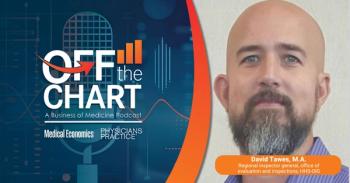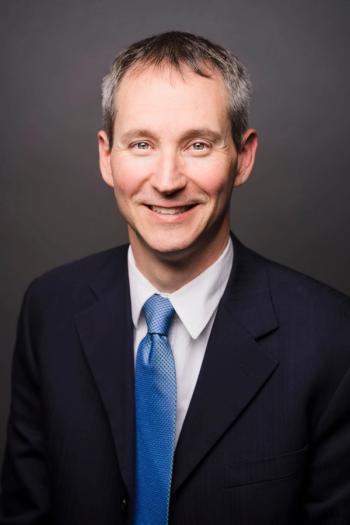
Ready for Medicare's Audit Police?
Medicare hopes to save millions with tougher billing rules and aggressive audits - changes that could cost your practice money. But if you bill right and on time, you can keep that Medicare check coming.
Dwight Scott, a healthcare lawyer with McGlinchey Stafford in Houston, has a client near bankruptcy, and says you could be next. The ambulance company he represents was targeted by a Medicare Recovery Audit Contractor (RAC), one of the organizations CMS pays on contingency to find fraud.
According to Scott, the RAC pulled 30 claims representing 26 patients from the company’s files, found a 94 percent error rate, and extrapolated that only 6 percent of all CMS’ payments have been correct. The rest? Medicare will recoup its payments from future checks, basically ensuring the demise of the ambulance group.
If the company were really out to defraud American taxpayers, then it’s getting what it deserves. But Scott maintains his client merely made “small, small documentation errors.” Providers generate “9,000 claims a minute,” according to Scott’s estimates. “It’s no wonder if there are some small errors.”
Scott blames President Obama for a CMS audit program run amok, citing his rhetoric about cutting costs in healthcare, but the reality is that a RAC trial has been in place since 2005. The permanent version rolling out now began in Texas on March 1, which explains the pressure Scott’s clients are feeling.
The RAC pilot identified $992.7 million in overpayments through 2008. The pilot is now over and CMS considers it a smashing success. Auditors will be arriving in force in your neighborhood by year’s end if they’re not there already.
Should you be worried? Well, you should be concerned, but not panicked. For one thing, most audits to date have focused on big-dollar targets - hospitals - and not on private physician practices. Ninety-five percent of the dollars collected by RACs during the trial were from hospitals, according to American Hospital Association, which is up in arms and tracking RAC activities closely.
Still, expect auditors to increase their focus on private practices in the near future. And it would be hard to call the RAC process strictly fair. It’s not so much that auditors find errors; it’s that they’re allowed to extrapolate a sample as small as 30 claims to draw conclusions about a whole year’s worth of claims. Are 30 claims representative enough to force the shuttering of, say, an ambulance company? Probably not, but CMS allows RACs to use extrapolation wherever “there was evidence of a sustained or high level of payment error …” That means they’ll be able to extrapolate in virtually every case in which they find problems.
And at what point can you consider a Medicare payment closed and safe from further scrutiny? RAC regulations allow auditors to go back as far as four years. (A pending legal case brought by Palomar Medical Center in San Diego could make it harder for auditors to go back more than one year, if Palomar prevails.)
Add in the fact that RACs get paid commissions based on what they discover, and the whole thing starts to stink. Not even IRS auditors are paid bonuses based on how much money they “recover.”
Isn’t that an incentive to find problems where none really exist? Well, according to CMS, 22 percent of claims denied by RACs were appealed, and providers prevailed in more than a third of those appeals. So that suggests that the RACs are overreaching a bit - but it also clarifies that there is a way to fight back.
In the event of an audit, the best offense is a good defense. If auditors discover very little wrong in your billing, there is simply little reason for them to pursue the case. Do some serious self-audits, especially around your documentation of medical necessity and coding practices. Forty percent of the dollars recovered by RACs in the demonstration phase were for medical necessity problems. Another 35 percent were for incorrect coding. Now would be a good time to make sure everyone in your practice is doing things right.
Whatever you do, don’t give into a victim mentality. CMS and RACs are not out to get you. Nor is the Obama administration. I wouldn’t want to pay for stuff I didn’t need to pay for, either, so why should the government? Those Medicare dollars are tax dollars - my dollars, your dollars - and it’s sure hard to argue with the idea that they should be spent well. This is less a case of us against them and more a case of us against the very bizarre system we ourselves have built. Approach it with reason, not angst.
Pamela Moore is director of content and strategy for Physicians Practice. She can be reached at
This article originally appeared in the June 2009 issue of Physicians Practice.
Newsletter
Optimize your practice with the Physicians Practice newsletter, offering management pearls, leadership tips, and business strategies tailored for practice administrators and physicians of any specialty.










